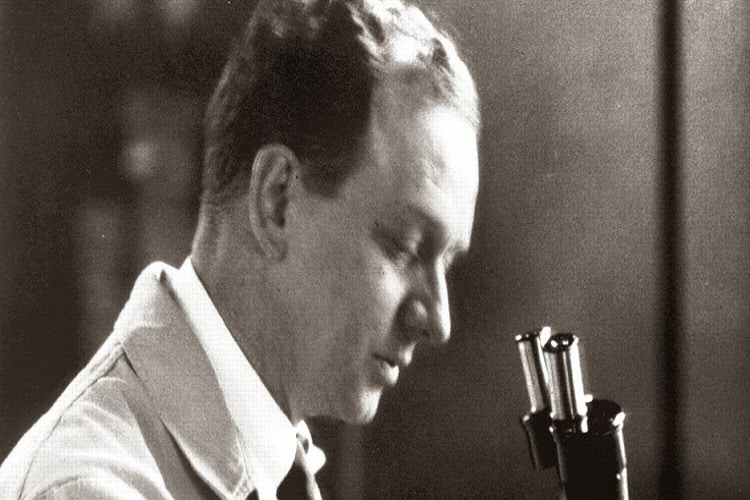A Legacy of Discovery: The Francis Peyton Rous Story

Francis Peyton Rous (5 October 1879 – 16 February 1970) was an American pathologist. Francis Peyton Rous was awarded the Nobel Prize in Physiology or Medicine in 1966.
Life and Career
Francis Peyton Rous was born on 5 October 1879, in Baltimore, Maryland, United States.
He graduated from the Johns Hopkins University School of Medicine in 1905.
Rous began his research career at the Rockefeller Institute for Medical Research (now Rockefeller University) in New York City in 1909. It was here that he conducted the research that would later earn him the Nobel Prize.
In 1910, Rous made a groundbreaking discovery. He found that a virus he had isolated from a chicken with a type of cancer called sarcoma could induce cancer when injected into healthy chickens. This was a pioneering discovery, as it provided evidence for the first time that cancer could be caused by infectious agents.
Rous continued his research at the Rockefeller Institute and made further contributions to the field of virology. He also served as the president of the Rockefeller Institute from 1935 to 1953.
Francis Peyton Rous passed away on 16 February 1970, in New York, New York, United States.
Award and Legacy
Francis Peyton Rous was awarded the Nobel Prize in Physiology or Medicine in 1966. He received this prestigious honor for his groundbreaking work on the role of viruses in the development of cancer, specifically his discovery of the Rous sarcoma virus. This recognition elevated his status in the scientific community and emphasized the importance of his contributions to cancer research.
Rous’s work inspired subsequent generations of scientists to explore the link between viruses and cancer. His findings catalyzed extensive research into the mechanisms by which viruses can transform normal cells into cancer cells. This knowledge has been instrumental in the development of cancer vaccines and targeted therapies.
Rous’s research also had a profound impact on the field of virology. It led to the recognition of retroviruses, a class of RNA viruses that can integrate their genetic material into the host genome, as potential cancer-causing agents. This insight has broad implications beyond cancer and has advanced our understanding of viral diseases.
Rous’s leadership as the president of the Rockefeller Institute for Medical Research from 1935 to 1953 helped foster a productive environment for scientific research. His influence extended beyond his own discoveries, as he supported and mentored numerous scientists who went on to make important contributions to various fields of biology and medicine.
Observer Voice is the one stop site for National, International news, Sports, Editor’s Choice, Art/culture contents, Quotes and much more. We also cover historical contents. Historical contents includes World History, Indian History, and what happened today. The website also covers Entertainment across the India and World.

